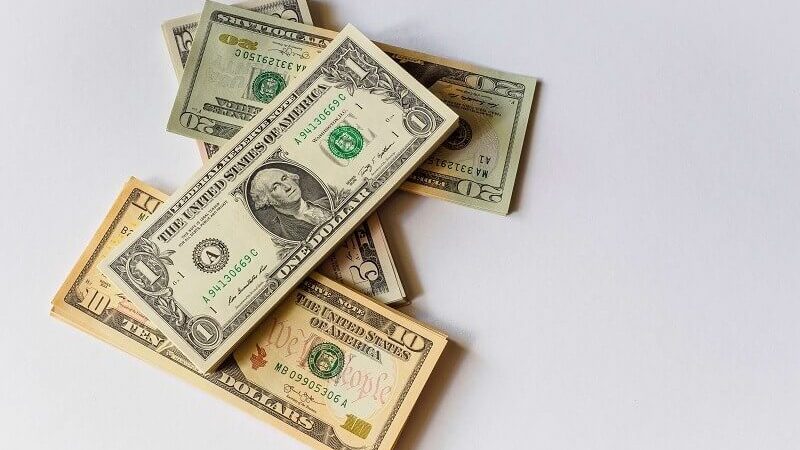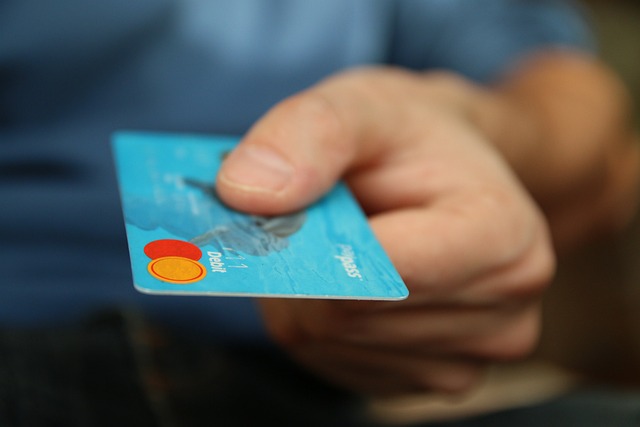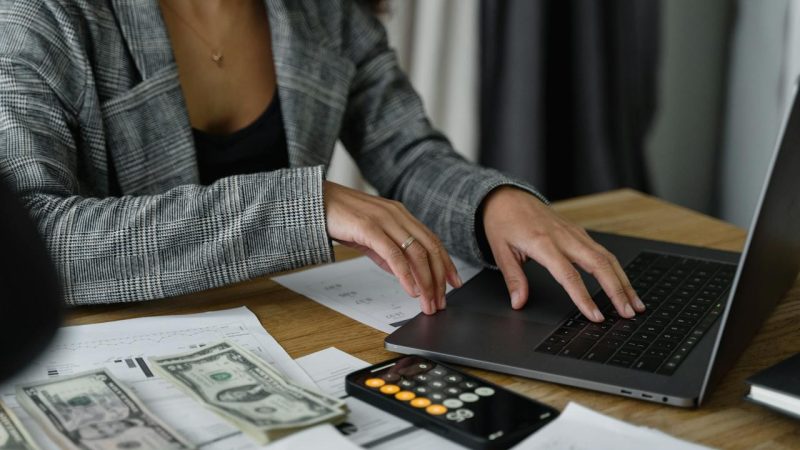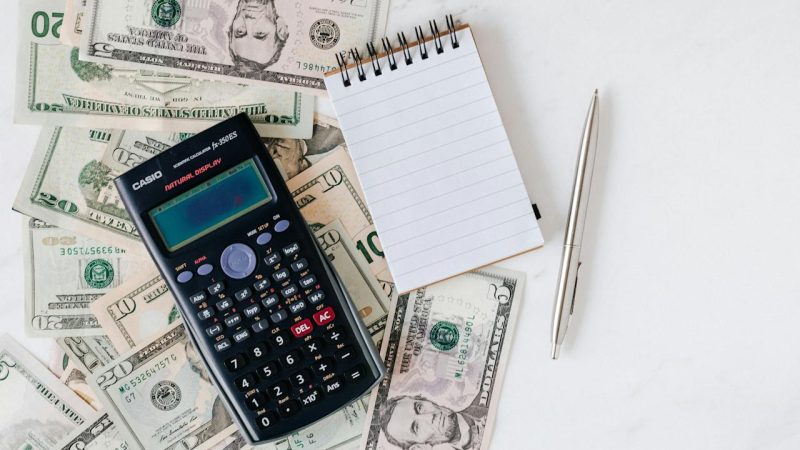How to Make Investment Decisions Even in Times of Crisis

10 tips on how you can still succeed with your investments during financial downswings
The Unpredictable Modern World
The Covid-19 pandemic is just one example of how the economic climate can drastically change within a moment’s notice. It is a testament to the panic that a dangerous scenario poses for humanity.
Many businesses have closed down, especially those that thrive in human gathering and physical contact. Stocks of inessential products and services have dropped to an all-time low.
The modern world is threatened by global conflict, environmental disasters, and economic meltdowns, and our society’s sophisticated trade systems can be stripped down at any moment.
How do we survive a dire financial situation? Are there investments that are still worth attention and risk?
New Opportunities
While times of crisis increases the risks of investment, there is still a way for you to go around it. There still are investment strategies that you can apply to benefit your portfolio.
Because of scenarios like a pandemic, essential-for-survival commodities have become more in demand, including medicine, food delivery, protective gear, sanitizers, and others.
New commodities have also popped up, including specific medical research, protective technologies, new systems, more effective non-physical services, purely online businesses, and more.
With these, previously regular-level stocks have risen, and new ones are made available. This situation gives rise to new opportunities for investment.
Projection
When you invest during a crisis, it is best to look at the present situation on the same scale as a future projection.
Focus on survival and current earnings, but do not dismiss what may happen and what you could do now to make a profit tomorrow.
When you do this, you diversify your portfolio so that you are safe and even profiting if a crisis continues and if it stops.
Here are TEN excellent tips for making investments during times of crisis.
- Invest in new commodities.
- Invest in disaster-preparedness industries.
- Be prepared for basic trade.
- Go for low-risk investments.
- Invest in essential commodities in the equity market.
- Put your attention on non-cyclical and recession-resistant industries.
- Diversify your investments.
- Invest in real estate.
- Utilize dividend stocks.
- Invest in precious metals.
- Invest in new commodities.
When crises arise, you should find new markets. Society will open new gaps in the market that pertain to new needs for human survival.
When long-term war arises, innovative weaponry and ammunition supply will require metals, production, and automation. Home protection will become a commodity, and food will become scarce.
The coronavirus pandemic has exposed many countries’ lousy medical capabilities. We are now seeing a rise in medical research investments, and this will continue even after the crisis.
Environmental disasters will increase the demand for basic needs of food, shelter, and clothing.
These gaps are opportunities for a wise and helpful investor. However, the most excellent way to invest in these opportunities is by being prepared beforehand.
- Be prepared.
The year 2020 has taught investors a valuable lesson. This is the time for us to invest in preparation for disasters.
Whether they will come today or later, an investor should have money in commodities with high demand during crises. When a disaster is not in place, essential products for survival are still profitable anyway.
Invest in stocks related to disaster preparation technology, medical research, food preservation, general technology, and things that you know will be needed, mainly when a crisis arises.
By doing this, you are not only using your money to earn, but you are contributing to humanity’s capability of surviving dire situations.
- Be prepared for basic trade.
Own commodities that you can trade or barter.
When the worst crises happen, you should own items that you can trade and barter for food, shelter, and safe passage.
Stocks, bonds, and certificates will not help you when everything falls. Better be prepared by owning a farm, gold, machinery, workforce, and other things that will make you thrive when the government is turned over.
During the coronavirus pandemic, social media groups dedicated to trading popped up everywhere. Citizens started posting non-monetary things they are offering, and people who want the item present what they can give for the item.
- Go for low-risk investments.
When a recession happens, avoid experimenting and taking risks with your investments. You always have to play it safe.
Avoid investments in highly leveraged or speculative companies. Put your attention on finding companies that have an excellent cash flow and low to little debt.
Do not take significant risks during an already uncertain time.
- Invest in essential commodities in the equity market.
Concentrate on consumer staples and essential items that you know people will always need and buy regardless of their financial capacity.
Think like a regular citizen and ask yourself what things are non-negotiable when the worse comes to worst.
Invest in food, beverages, alcohol, household goods, medicine, fuel, delivery, digital entertainment, communication hardware, communication software, power generation, and tobacco.
- Put your attention on non-cyclical and recession-resistant industries.
You have to avoid cyclical goods and services during times of uncertainty. These are non-essential commodities that consumers will purchase less regularly.
These commodities are affected by the time of year, the current purchasing power of an average household, and other factors.
Avoid investing in luxury goods like non-essential travel, cruise industries, non-essential events, and others.
Focus on investing in non-cyclical industries that offer goods and services that are always in demand throughout the year.
Some non-cyclical recession-resistant industries are farms, groceries, discount stores, cosmetics, funeral services and alcohol manufacture which includes whisky investment.
- Diversify your investments.
Avoid putting all of your eggs in one basket.
Do not pile your money into a single sector even if it is a consumer staple as recession and crises are highly unpredictable. Anything is at stake, and you must have other investments when one fails.
Diversify across industries to protect yourself from a significant loss when a product or industry loses value.
The more kinds of investments you have, long as they are safe and low-risk, the better protected you are from losing money.
- Invest in real estate.
Recession is usually followed by a drop in real estate costs. Some landowners choose to sell for essential cash during times of crisis. Mortgage providers or private lenders may choose to sell off mortgage notes in their possession when they are in need of immediate cash, with help from companies like Amerinote Xchange.
Many business owners who lost their industry to a crisis are ready to sell their property to survive.
If you are looking into earning after the crisis, it is wise to get real estate now. While the crisis is ongoing, you can let your owned land, and then sell or lease for bigger when the economy stabilizes. It’s important that you know what you’re doing when it comes to real estate investments but if you need some help or advice, contact a company like The Property Sourcing Company. You could end up making millions if you play your cards right!
Many luxury establishments are ripe for property selling during a crisis. Look for hotels, resorts, luxury residences, sports venues, amusement parks, and more.
- Utilize dividend stocks.
Dividend stocks give you trouble-free and passive income.
Find a company that needs investments to run an essential business. Put in your money and receive a portion of its earnings.
You should find a company that has a low debt-to-equity ratio. To be safer, focus on fully reliable companies.
Invest in a company that has increased its dividend payouts for a minimum of 25 consecutive years.
Invest in companies that have a competitive moat. Their financial structure and defense must be intact.
- Invest in precious metals.
Precious metals are artificially valued commodities. While they have little practical value for individuals, they play significant roles in electronics.
However, they are still more valued for their sentiment associated with power, wealth, and prestige.
People have an affinity for gold and other precious metals.
Gold is especially highly-valued by people and investors. The metal is a popular hedge against inflation.
When the value of the dollar drops, the dollar per gold ounce rises. This makes an owner of the metal protected from the effects of the dollar’s fall.
It is a safe store of value and is excellent for inheritance or conversion for an excellent retirement.
Gold is an excellent preparatory investment for crises. When war arises, people who own various metal pieces can trade for food, commodities, passage, and security.
Silver is highly-coveted in the electronics industry. When technologies required by crises arise, investors who own physical stores of silver can profit significantly.
Platinum can go up to double the price of gold when the economy is ideal. While instability occurs, it is wise for an investor to hoard platinum.
When people cannot go out of their homes and physically trade in the time of a pandemic, there are convenient ways for an investor to get gold and precious metals.
There are bullion box subscriptions available online. These services expertly curate monthly treasure boxes that contain high-value precious metals in many shapes and sizes.
Collect these metals because when currencies fail, they can be valuable trade items for commodities and needs. Gold is especially coveted when the financial fabric is torn down.
Bullion boxes are excellent in that they provide you with a diversified precious metals collection. You can have coins, fractional items, rounds, bars, government mints, private mints, and even ammunition replicas.
The more kinds of precious metals you have, the more vast your opportunity to find someone to sell to.
Be a wise investor.
Always assess your needs and goals when strategizing for investments during a crisis.
One of the best hedges for you is to prepare yourself before they come about. When problems arise, focus on what you can leverage at the moment but look into projections at a scale.
See what you can invest in now that will give you excellent returns when the economy stabilizes and comes back to normal.







